Plant-based Alternatives
The Key Elements of a Plant-Based Diet
Switching to a plant-based diet has gained immense popularity in recent years due to its numerous health benefits, environmental impact, and ethical considerations. Whether you're a seasoned vegan or just starting to incorporate more plant-based meals into your diet, understanding the key elements of a plant-based diet is essential.
1. Fruits and Vegetables
At the core of a plant-based diet are fruits and vegetables. These should make up a significant portion of your daily food intake, providing essential vitamins, minerals, and antioxidants your body needs to thrive.
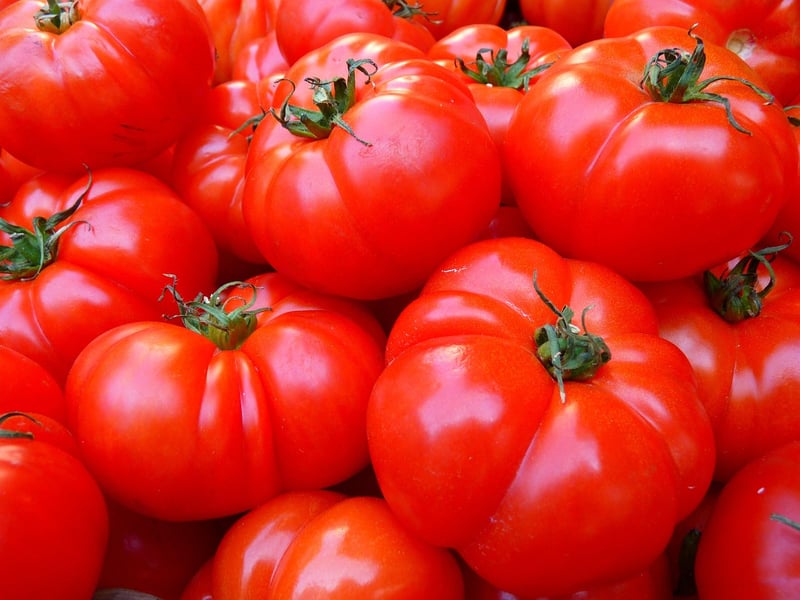
2. Whole Grains
Whole grains such as brown rice, quinoa, oats, and whole wheat pasta are rich in fiber and nutrients. They provide sustained energy and aid in digestion, making them an important component of a plant-based diet.
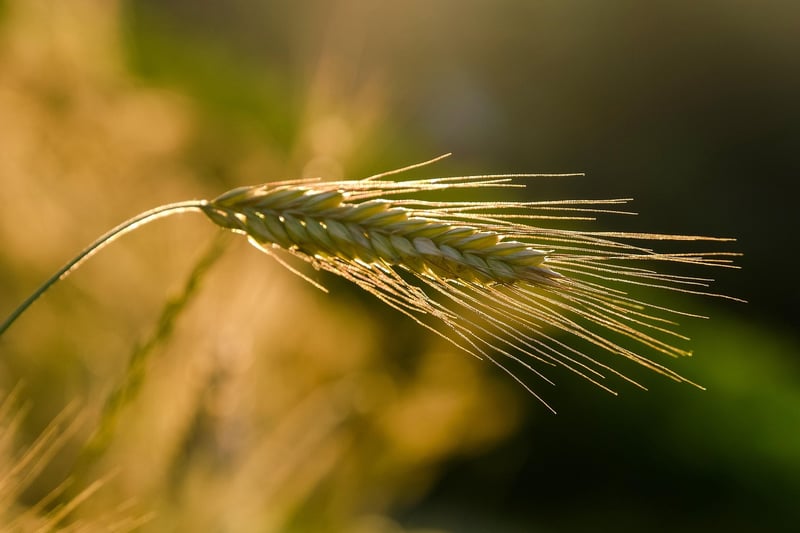
3. Legumes and Pulses
Beans, lentils, chickpeas, and other legumes are excellent sources of plant-based protein, fiber, and iron. They can be used in a variety of dishes, from soups and stews to salads and dips.
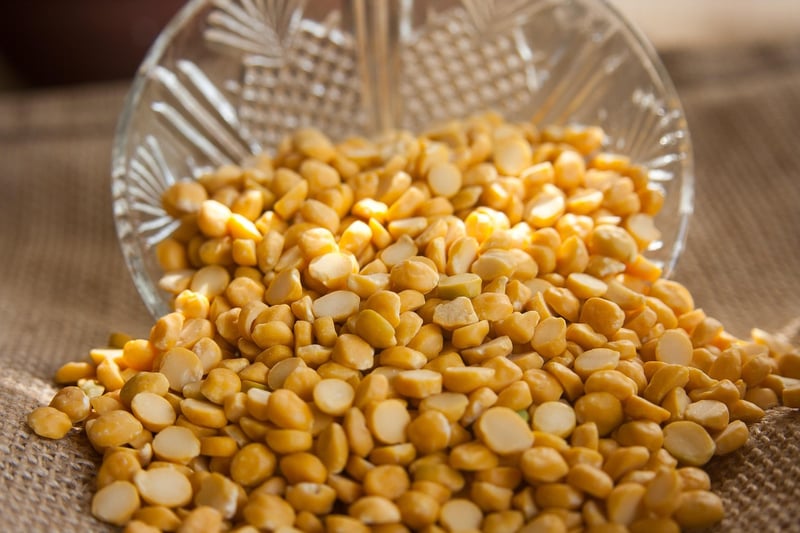
4. Nuts and Seeds
Nuts and seeds are packed with healthy fats, protein, and essential nutrients like omega-3 fatty acids. They make for a convenient and nutritious snack or can be sprinkled on top of salads, yogurt, or oatmeal.
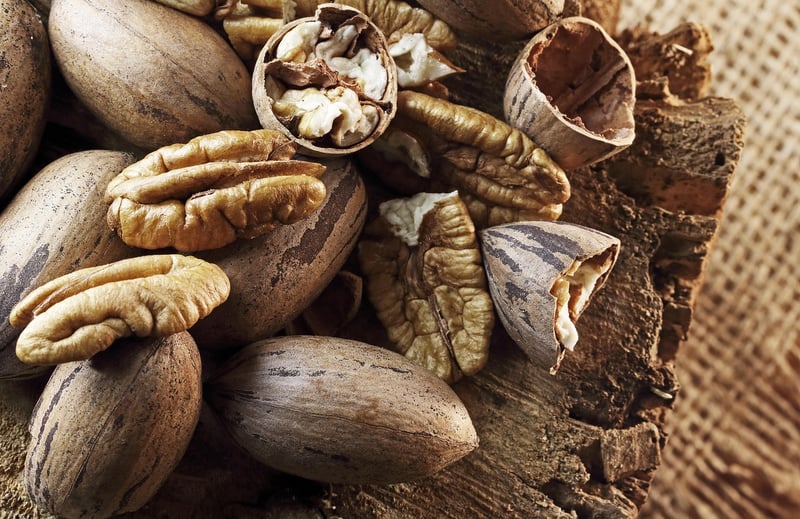
5. Plant-Based Protein Sources
Plant-based protein sources like tofu, tempeh, seitan, and plant-based meat alternatives provide the necessary protein for muscle growth and repair. They are versatile ingredients that can be used in a wide range of recipes.

6. Healthy Fats
A plant-based diet emphasizes healthy fats from sources like avocados, olive oil, and coconut oil. These fats are essential for brain function, hormone production, and overall well-being.
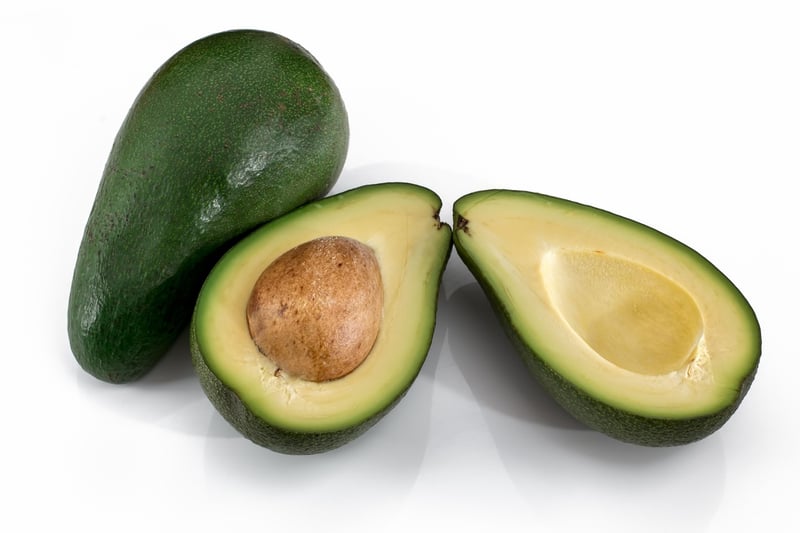
By incorporating these key elements into your plant-based diet, you can enjoy a well-rounded and nutritious way of eating that benefits both your health and the planet.
For more information and recipe ideas, check out Forks Over Knives.
